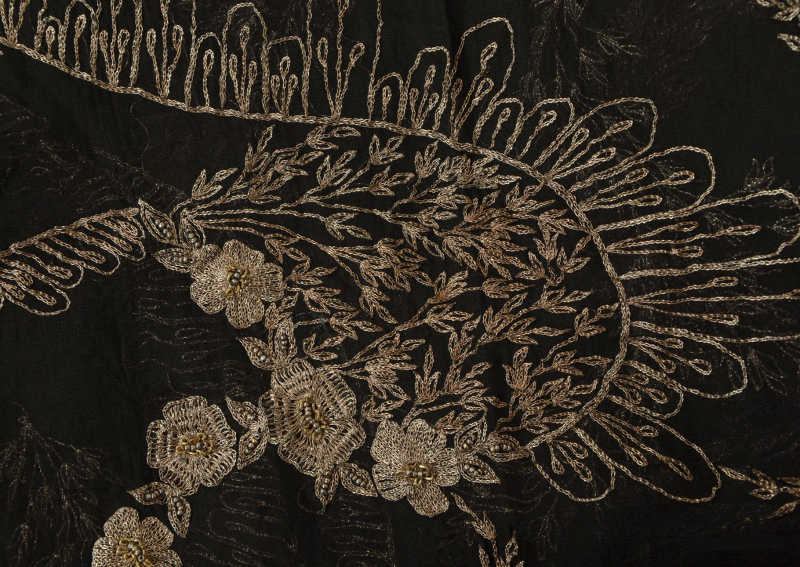===
0441,
7
===

=== |
 |
FWP:
SETS == HUMOR
MOTIFS == ROAD
NAMES
TERMS == 'MEANING-CREATION'; WORDPLAYFor discussion of the Persian-derived structure of the 'foot of seeking', including enjoyable examples, see
G{152,3}.
Just as Ghalib causes the fancy, literary, Persianized 'foot of stability' to unexpectedly sustain an actual wound, Mir causes the fancy, literary, Persianized 'foot of seeking' to-- even more prosaically, unexpectedly, amusingly-- 'go to sleep'. SRF has elaborated the complex Sufistic ways in which the verse can be read, and his approach is quite plausible. But I would definitely add to the list of the reader's pleasures an element of humor created by the abrupt descent from the high-flown to the all-too-pedestrian (sorry, sorry!) level of language and imagery.
See also the 'foot of passion' in
{1624,3}.
And there's a similarly clever 'hand of formality' in
{480,6}.
Even more drastically, the 'foot of life' appears in {789,1}:
ʿishq meñ ai t̤abīb hāñ ṭuk soch
pā-e jāñ darmiyāñ hai yāñ ṭuk soch[in passion, oh physician, indeed, take a bit of care
the 'foot of life' is interposed, here-- take a bit of care]Note for grammar fans: In the first line, we have to take kyūñ-kih to mean something like kaise . It was something feminine singular that 'passed', and the only remotely plausible candidate is rāh -- but then we have to dub in an extra one to provide a subject and make the line work: apne pā-e t̤alab kī [ rāh ] tirī rāh meñ sote hī gużrī . The grammar is very clunky, and does not make me happy. I asked SRF about this (Apr. 2018) and he replied that a better prose order would be gużrī hī sote ki t̤alab pāʾe [ mere ] apne meñ rāh tirī kih ḍhūḍḍūñ nah kyūñ tujhe . This too leaves me somewhat confused. So you too can give it some thought, dear reader. I am now ready to move on.
Note for translation fans: Aren't we lucky that 'for one's foot to go to sleep' works as an English idiom too, with the same meaning? Otherwise, the job of translating the verse would become nightmarish.